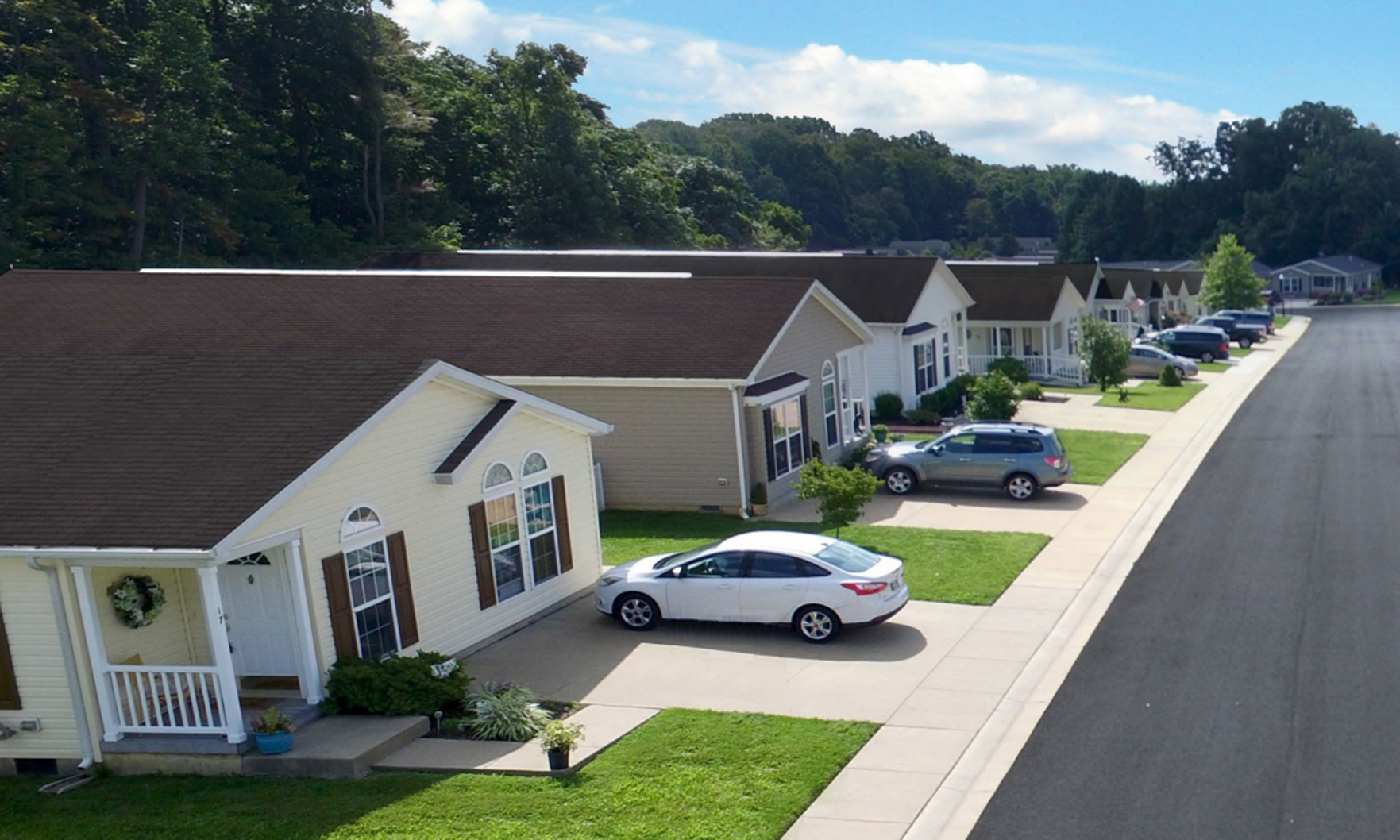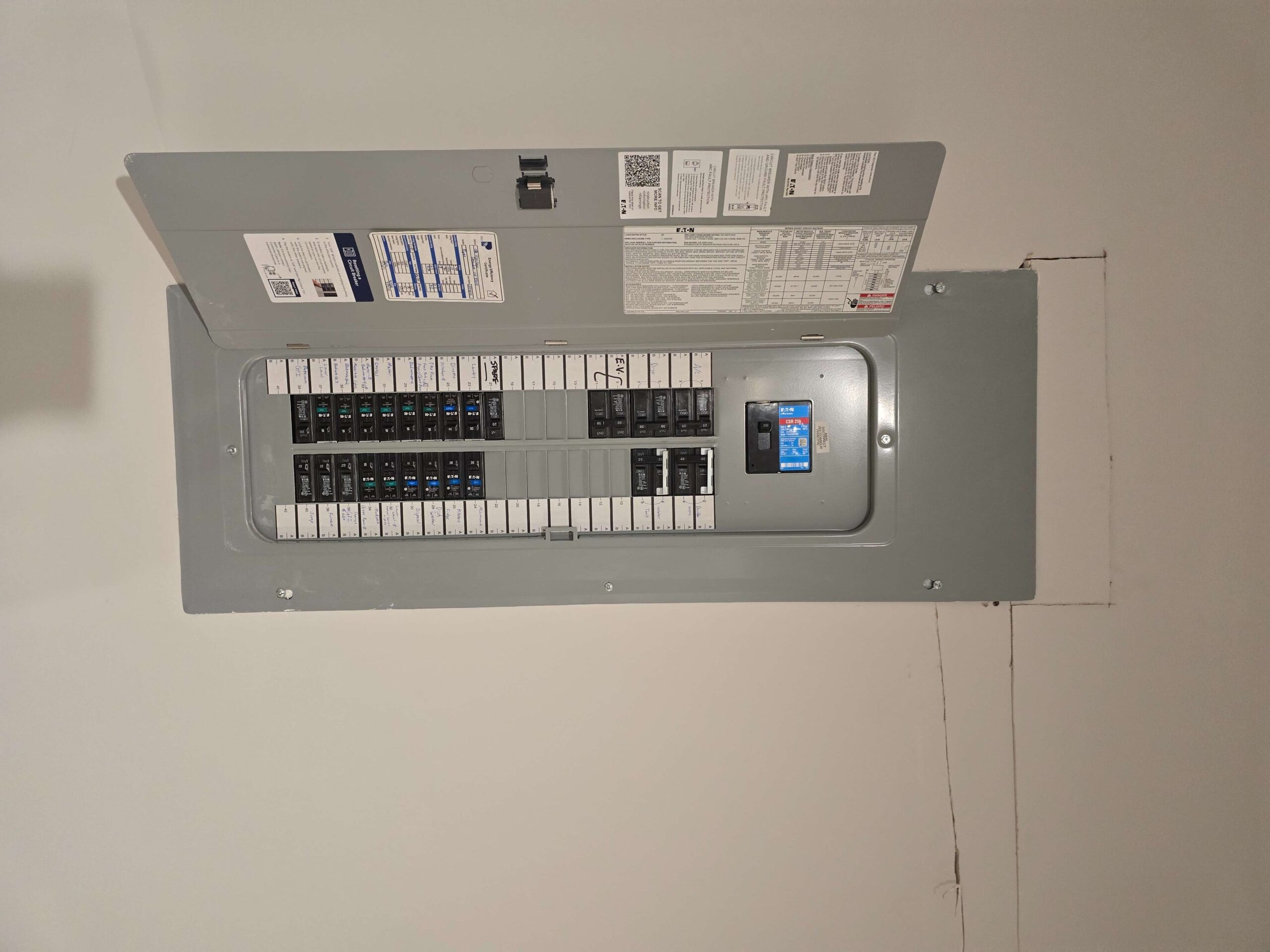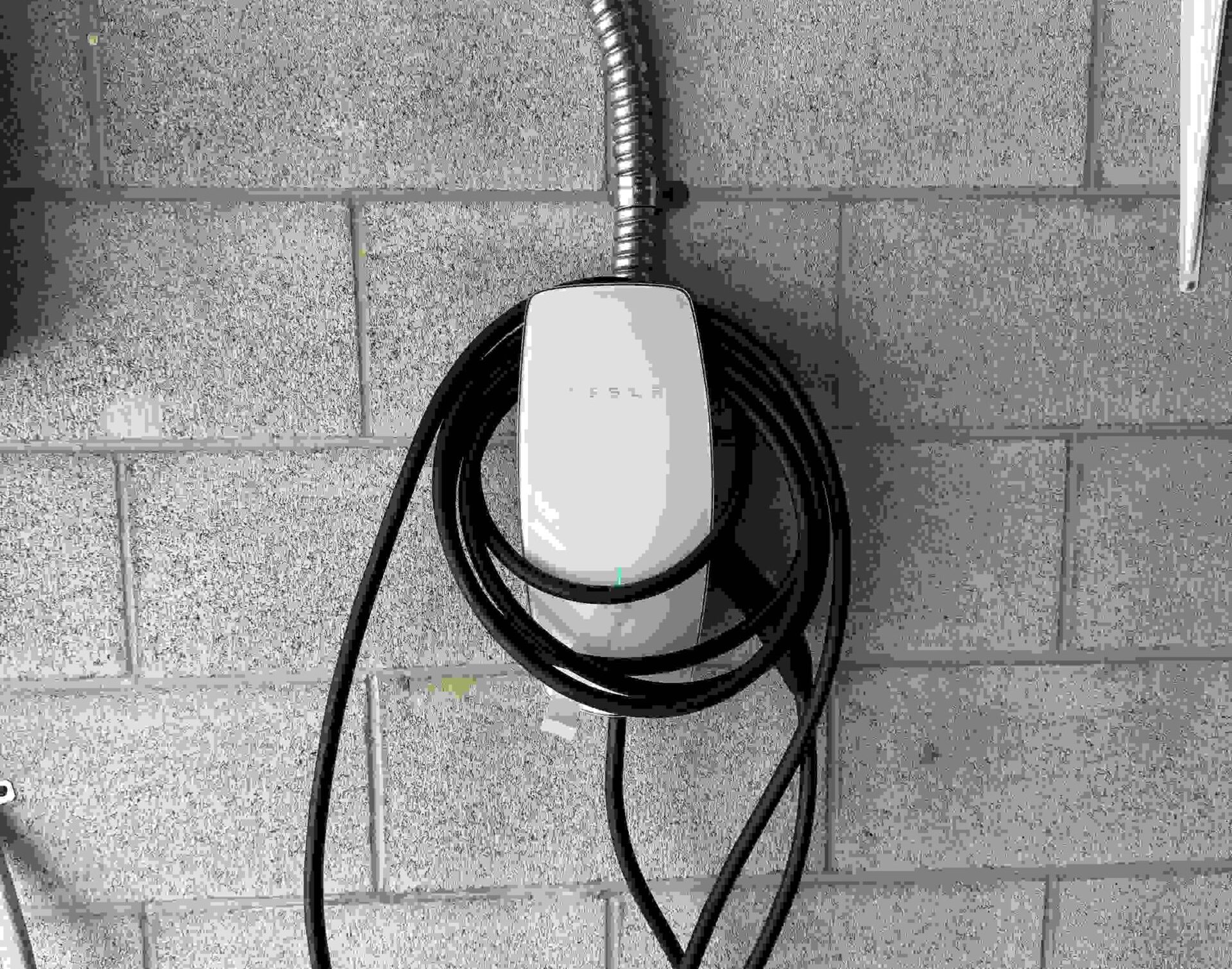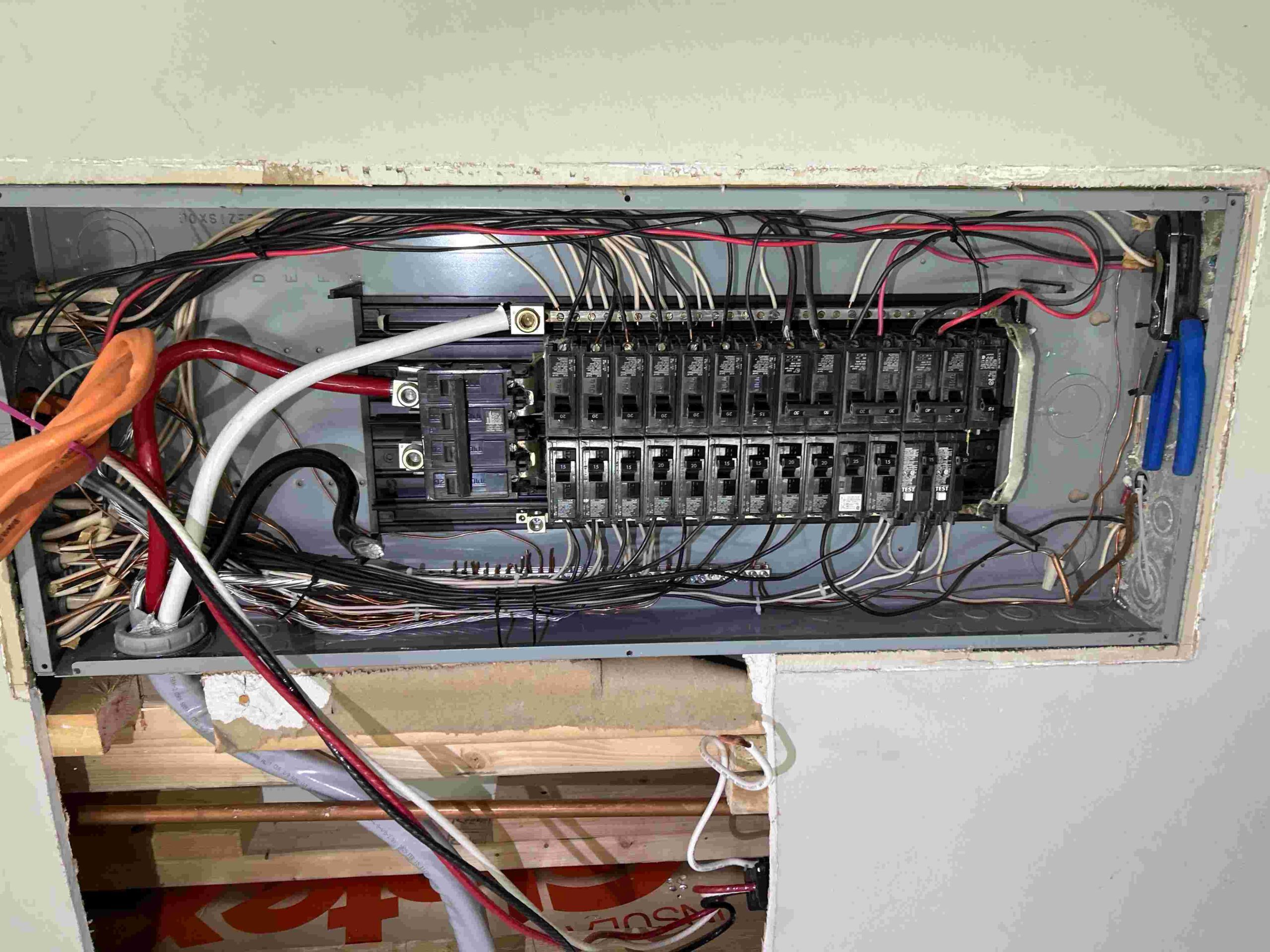
If you’re living in an older home in Westerville, Ohio, you’ve probably heard a horror story or two about the dangers of outdated wiring. Maybe your lights flicker, you’re still using old screw-in fuses, or you’ve got a mix of modern and ancient two-prong outlets that just don’t feel safe. It’s a common situation, and the first question that pops into most people’s minds is: “What is the cost of rewiring a house?“
Let’s get straight to it. There is no one-size-fits-all answer. The cost of rewiring homes can vary significantly, ranging from a few thousand dollars for a partial job to tens of thousands of dollars for a full, gut-and-replace overhaul of a large home. This isn’t just a simple service call; it’s a major home improvement project that impacts your safety, your home’s value, and your daily life. The price tag depends on a dozen different factors, and understanding them is the first step toward making a smart, informed decision.
At Electric Medic, we’ve helped hundreds of homeowners in Columbus, Worthington, Dublin, and throughout central Ohio navigate this process. We’re here to pull back the curtain and give you a transparent look at what really goes into the cost of electrical wiring and what you should expect when it’s time to update your home’s electrical system.
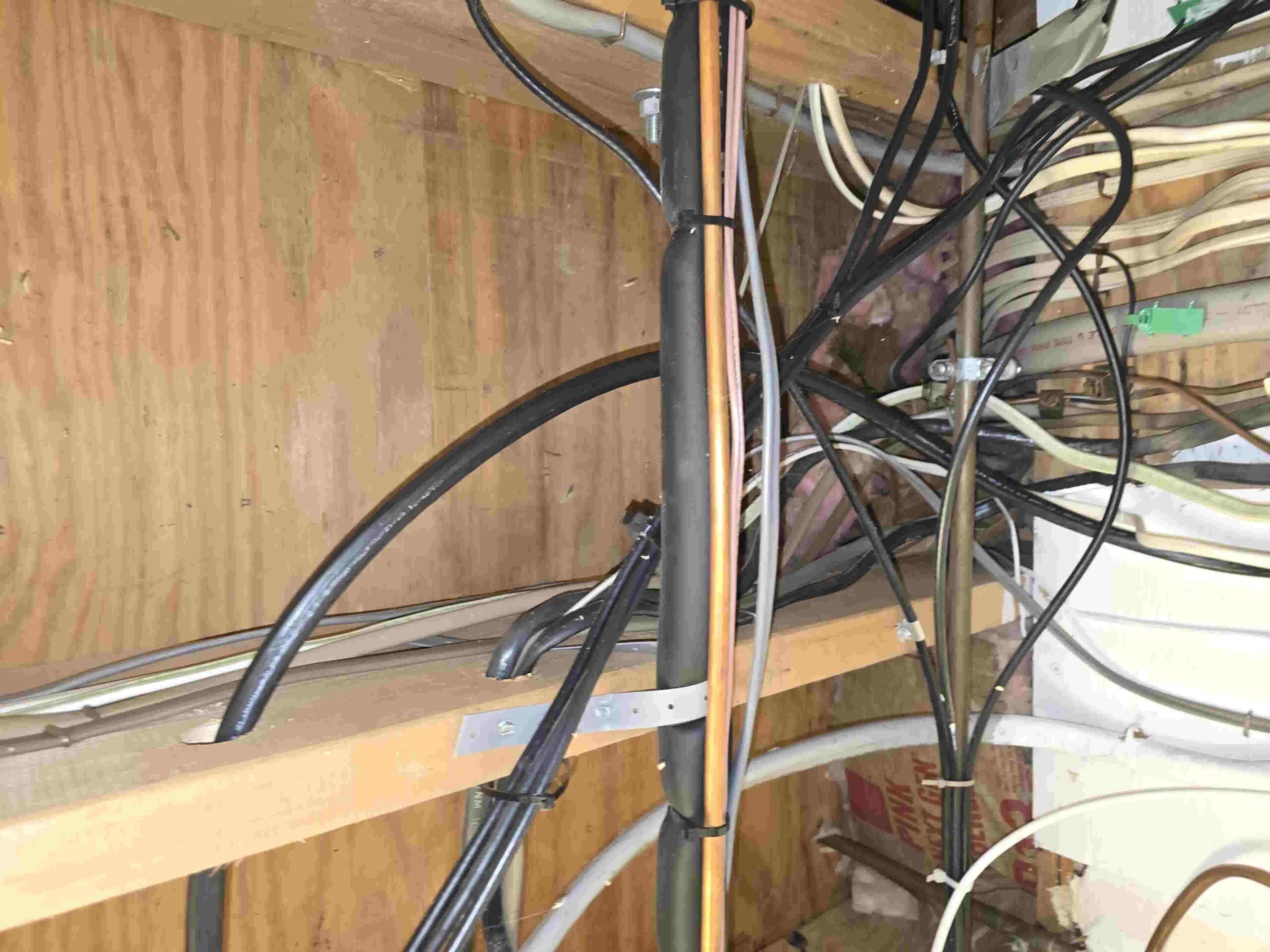
Why You Can’t Ignore Your Electrical Wiring Anymore
Think of your home’s electrical system like its nervous system. It’s hidden behind the walls, but it controls everything, from the lights and appliances you use every day to your security system and heating. Just like the human body, this system ages and wears out.
Older homes, especially those built before the 1970s, were never designed to handle the electrical load of modern life. We’re talking about a time when a TV was a luxury and cell phones didn’t exist. Today, every family has dozens of devices running at once: computers, microwaves, high-efficiency washers, and smart home gadgets. This massive increase in demand puts a huge strain on old wiring, leading to a cascade of problems:
- Flickering lights and frequently tripped breakers.
- Warm outlets or a burning smell coming from switches.
- The dreaded “knob and tube” wiring or aluminum wiring, which are fire hazards.
- A lack of outlets in modern spaces forces you to use unsafe extension cords.
These aren’t just inconveniences; they’re warning signs. Ignoring them can lead to electrical fires, appliance damage, and even electrocution. So, while the cost of rewiring might seem daunting, it’s a necessary investment in your family’s safety and your property’s value.
The Big Factors That Drive the Cost of Rewiring a House
When we put together an estimate, we’re looking at more than just the square footage of your house. We’re assessing a whole host of variables that dictate the complexity, labor, and materials needed.
1. The Size and Age of Your Home
This is the most obvious factor. A full rewire of a house costs for a 3,000-square-foot home is naturally going to be more than the cost to rewire a small house of 1,200 square feet. The age of your home is just as critical, especially here in Columbus, where we have a fantastic mix of housing stock, from historic homes in German Village to mid-century ranches in Worthington and brand-new builds in New Albany.
- Older homes with plaster walls are a challenge. Plaster is more difficult to work with than drywall, and it’s a slower, more delicate process to run new wires without causing major damage. This increases labor costs.
- Newer homes with aluminum wiring from the ’70s or ’80s present a different kind of problem. The metal is prone to overheating and fire, but the replacement process can sometimes be less intrusive than a full knob and tube removal.
2. The Type of Existing Wiring
This is often the most significant part of the cost in rewiring a house. The older your wiring, the more complex and expensive the job gets.
- Knob and Tube Wiring: This is the grandfather of all outdated electrical systems. Found in many of Columbus’s older neighborhoods, this system is a major fire hazard. It lacks a ground wire, and the old cloth insulation can become brittle and crack. Replacing this requires a full tear-out, which is a major project that will involve a high knob and tube wiring replacement.
- Aluminum Wiring: Predominantly used in homes from the late 1960s to the mid-1970s, aluminum wiring expands and contracts with heat more than copper. This can cause the connections at outlets, switches, and panels to loosen, leading to arcing and potential fires. The cost to replace aluminum wiring is a non-negotiable safety expense.
- Outdated Panel and Circuitry: Even if your home has newer wiring, you might still need a major overhaul. A tiny 60-amp or 100-amp electrical panel simply cannot handle the demands of a modern home. The cost to replace the electrical panel and wiring is a very common upgrade that often happens in tandem with a full rewire.
3. Accessibility of the Wiring
Is the electrician able to easily access the wires? The answer to this question has a huge impact on your total electrical rewiring house cost.
- Open Access: If you’re doing a full home renovation with the walls already stripped down to the studs, the job becomes much easier and faster. This is the ideal time to do a whole house electrical rewiring cost estimate.
- Limited Access: When your home is fully finished, our team has to carefully cut into drywall or plaster to pull new wires. We are meticulous and will minimize damage as much as possible, but this extra labor is reflected in the final price.
- Finished Basement vs. Crawlspace: This can be a huge factor. A finished basement with a dropped ceiling is a dream for an electrician. A tight, muddy crawlspace is a nightmare. This affects the time it takes, and thus, how much the cost of rewiring will be.
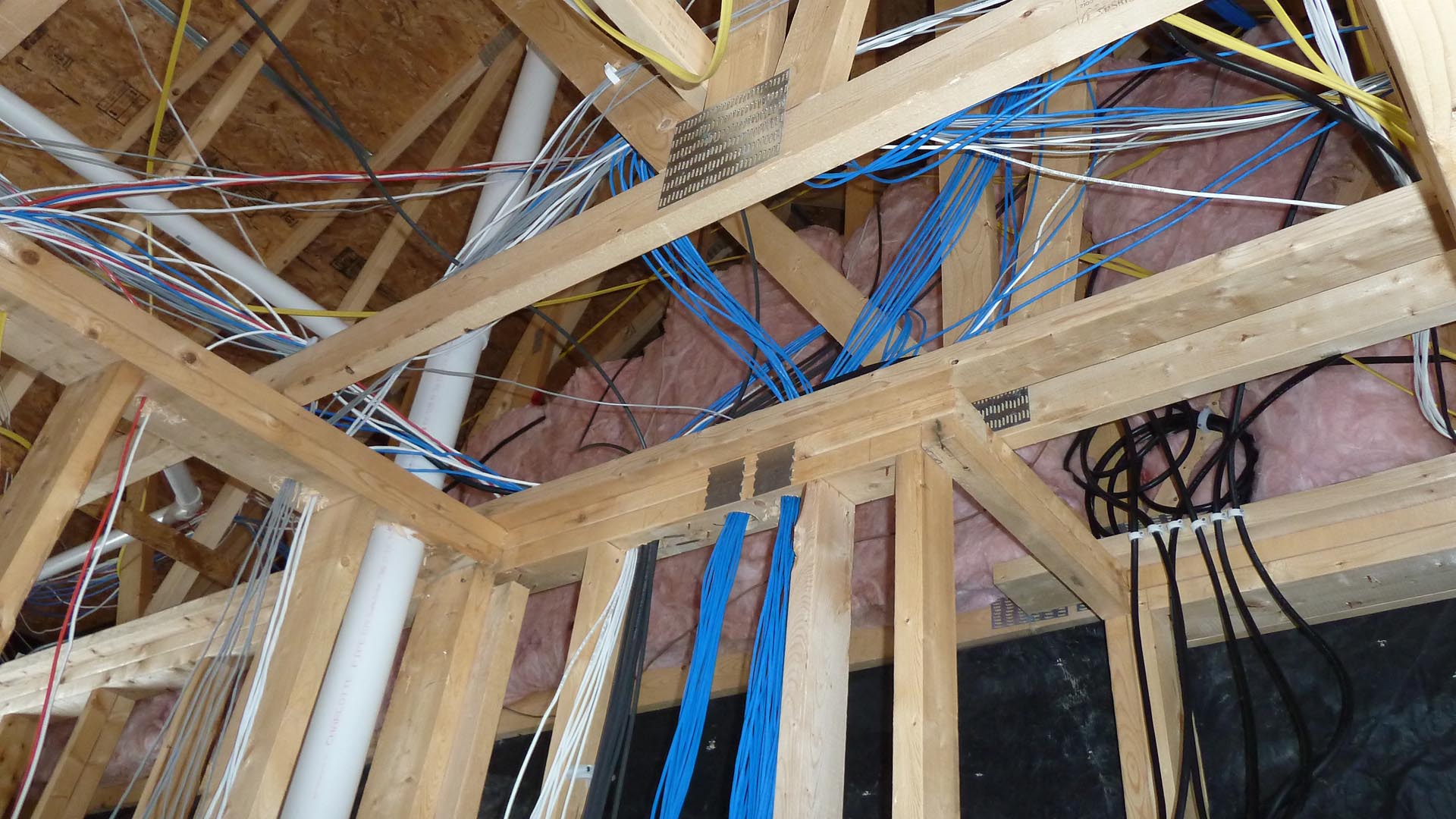
Breaking Down the Cost of Rewiring a House
So, with all those factors in mind, let’s get into the numbers. While every project is unique, here is a general breakdown of what contributes to the average cost of rewiring a house in the Columbus, Ohio area.
- Labor (The Lion’s Share): This is the biggest portion of the total price. A full-scale home rewire is a labor-intensive, multi-day or even multi-week job for a team of experienced electricians. The hourly rate for a licensed electrician in central Ohio can range from $75 to $150 or more, depending on their expertise. The total labor cost for a full rewire could be anywhere from $5,000 to $20,000+.
- Materials: This includes the new wiring (typically copper Romex), switches, outlets, fixtures, and a new electrical panel. The cost to install a breaker box is a common part of a whole-house rewiring project and can add several thousand dollars to the total.
- Permits and Inspections: A full home rewire requires permits from the city of Columbus or your local municipality (like Worthington, Gahanna, or Dublin). These permits ensure the work is done to code and is safe. The cost of these permits varies but is a non-negotiable part of the process.
- Wall Repair: Unless your walls are already open, you’ll need to account for the cost of repairing the drywall or plaster after the new wiring is in place. While we do our best to be minimally invasive, it’s a reality of the job. You might need to hire a contractor for this, or some full-service electrical companies might handle it for you.
Scenarios & Pricing: A More Realistic Look at the Cost of Rewiring a House
Let’s look at a few examples to give you a more tangible idea of how much the cost of rewiring a house can be:
- Scenario 1: The Small, Simple Job. Let’s say you have a small 1,000-square-foot ranch home in Hilliard with a mix of old and new wiring. You just need to upgrade a few circuits, replace a handful of outlets, and replace your outdated electrical panel. The cost to update the electrical in your home, in this case, might be on the lower end, perhaps $2,000 – $8,000. This is more of a partial rewire and panel upgrade.
- Scenario 2: The Average Columbus Home. You own a 1,800-square-foot home built in the 1960s in Westerville. You’ve got a mix of two-prong and three-prong outlets, and your circuit breaker panel is a mess. A full whole-house electrical rewiring cost for this home, including a new 200-amp panel, could range from $10,000 to $25,000. This project would take a week or more with a crew of 2-3 electricians.
- Scenario 3: The Historic Pataskala Home. You have a two-story, 2,500-square-foot home built in the early 1900s with original knob and tube wiring. The cost of rewiring for this kind of project is the highest. Because the plaster walls and old framing make the work much harder, and the wiring is a complete tear-out, the total cost of rewiring a house in this case could be $20,000 to $50,000 or even higher. It’s a massive undertaking, but a critical one for safety.

Why You Should Never Go with the Lowest Bid
It’s tempting to shop for the lowest price when you’re facing a large cost to rewire a house. But in the electrical trade, you truly get what you pay for. A shockingly low bid is often a major red flag.
An unqualified “electrician” might skip pulling the necessary permits, use low-quality materials, or cut corners that compromise your family’s safety. When you choose a reputable, licensed, and insured company like Electric Medic, you’re not just paying for a service; you’re paying for:
- Expertise: Our electricians are highly trained, certified, and knowledgeable about all local Columbus and central Ohio electrical codes.
- Safety: We follow a meticulous process to ensure every wire, every connection, and every component is installed correctly and safely.
- Peace of Mind: You can sleep soundly knowing your home’s electrical system is a reliable, fire-safe work of art.
The cost of having an electrician rewire a house is as much about the quality of the work as it is about the final price tag.
FAQs: Answering Your Most Common Questions About Rewiring a House
Q: How do I know if I need to rewire my house?
A: Common signs include flickering lights, frequently tripped breakers, a burning smell from outlets, and having outdated knob and tube or aluminum wiring. If your home is over 40 years old and has never had a significant electrical update, it’s a good idea to have it inspected.
Q: How much does it cost to get a house rewired?
A: As we’ve outlined, it varies greatly. For a full rewire, expect to pay anywhere from $8,000 to $50,000+, depending on the size, age, and complexity of your home.
Q: Can I rewire a single room instead of the whole house?
A: Yes, you can. We often perform partial rewires as part of a kitchen or bathroom remodel. However, a partial job doesn’t address the underlying issues of the whole system, so it’s often a temporary solution.
Q: How long does a whole-house rewire take?
A: A typical full rewire for an average-sized home takes between 1 to 3 weeks, depending on the number of electricians on the job and the complexity of the project.
Q: Will I have to move out during the process?
A: Not necessarily. We work to minimize disruption as much as possible. We can often schedule the work in sections, allowing you to live in part of the house while we work on another.
Q: What is the cost to replace a mobile home?
A: The cost to rewire a mobile home is generally lower than a traditional stick-built house due to easier access to the wiring and a smaller footprint. Prices can range from $3,000 to $8,000 or more, depending on size and accessibility.
Q: Is the cost to wire a new home different from a rewire?
A: Absolutely. The cost to wire a new home is part of the initial construction and is typically done when the framing is open, making the process much faster and easier. The price is usually calculated by the square foot and is much lower than a full rewire of an existing home.
Q: How can I save money on the project?
A: The best way is to combine the rewire with other major renovations, like a kitchen or bathroom remodel, so the walls are already open. This dramatically reduces the labor cost.
Q: What is the cost to rewire an entire house?
A: This is our most comprehensive service. For an average-sized home, the price can range from $12,000 to $25,000, but for larger, older homes, the cost to rewire the entire house can be significantly higher.
Q: Why should I hire a licensed electrician?
A: A licensed electrician knows the local electrical code, carries insurance to protect your property, and has the training to perform the work safely. Cutting corners with an unlicensed person is a huge risk to your home and family.

Ready to Find Out The Cost of Rewiring Your House? Call (614) 866-6020
Don’t let the fear of the unknown stop you from ensuring your home is safe and up to date. If you live in Columbus, Worthington, Westerville, Gahanna, New Albany, Pataskala, Dublin, Hilliard, or Powell, Electric Medic is your local authority on all things electrical.
We’re not just electricians; we’re your neighbors, committed to keeping our community safe. We’ll provide a detailed, transparent, and fair quote so you know exactly what to expect.
Stop worrying about the state of your old wiring and start enjoying the peace of mind that comes with a safe, modern electrical system. Contact Electric Medic today for a free, no-obligation estimate.







